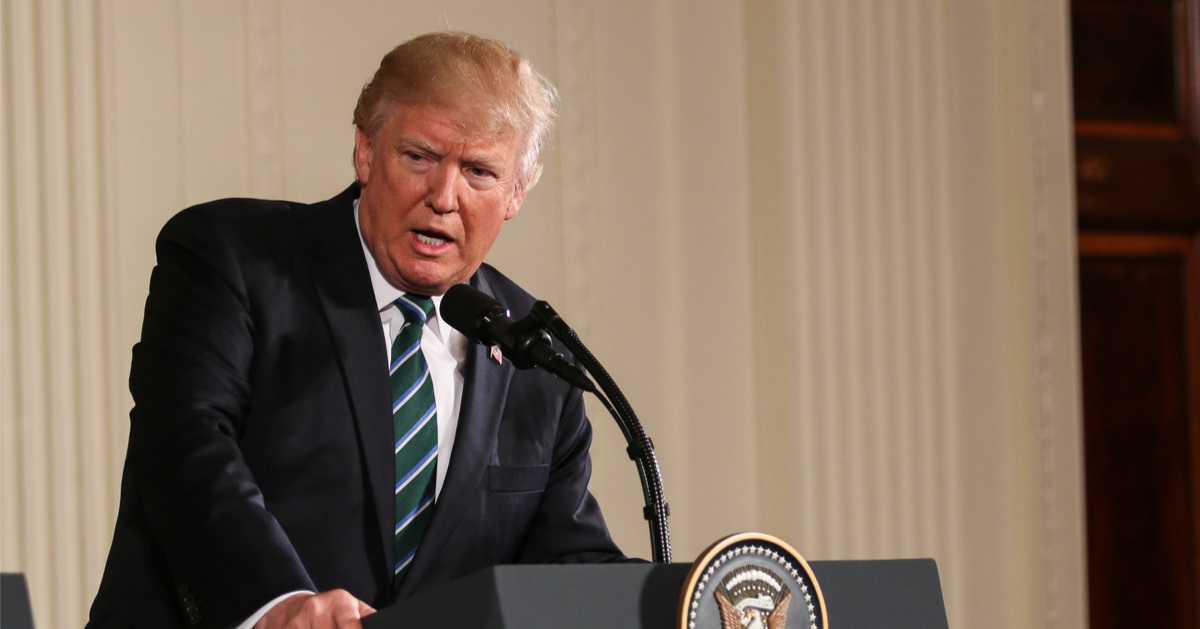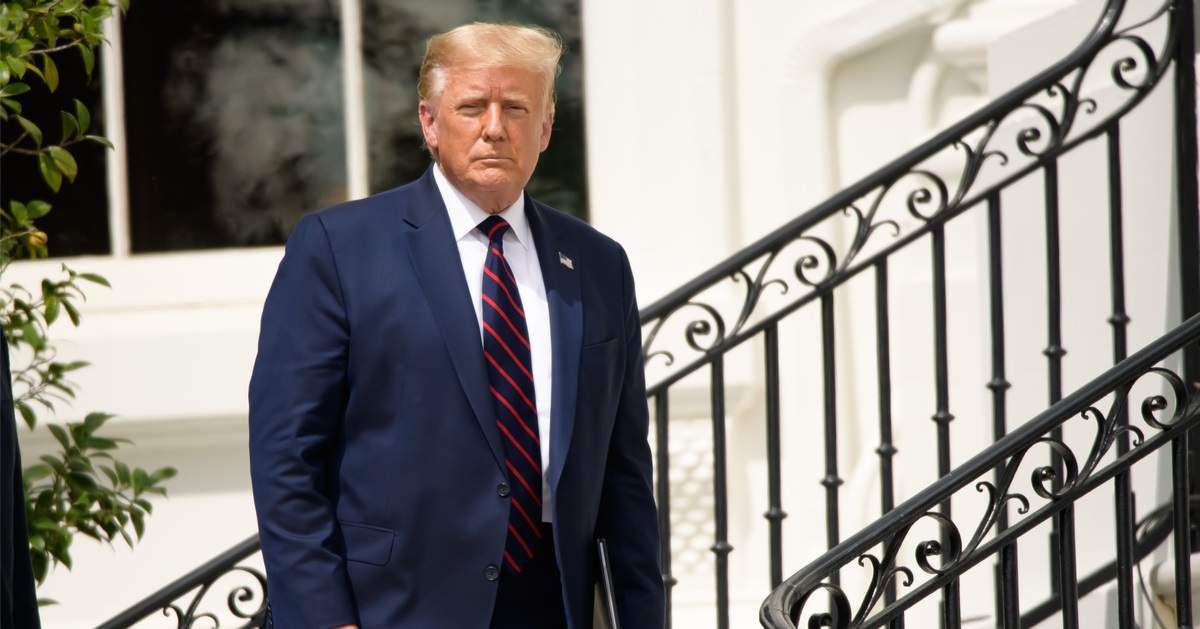GM moves ahead with Chinese battery imports for new Bolt
General Motors is charting a controversial path by turning to China for electric vehicle batteries as it prepares to relaunch one of its most affordable electric cars.
Despite steep U.S. tariffs, GM will temporarily source batteries from China’s CATL for the second-generation Chevrolet Bolt to manage rising production costs ahead of an expanded domestic supply.
The automaker plans to import lithium iron phosphate (LFP) batteries from Chinese firm Contemporary Amperex Technology Co. Limited (CATL). These batteries will power the upcoming version of the Chevrolet Bolt, set to begin production at GM’s Fairfax Assembly Plant in Kansas by late 2025.
Tariffs pose challenges to automakers
GM’s decision comes even as Chinese-made EV batteries are subject to an 80% tariff under trade regulations implemented during former President Donald Trump’s administration. The company acknowledges the financial burden but says it is a necessary short-term strategy.
A GM spokesperson described the battery imports as "a stopgap measure to stay competitive" while working to scale up local production. The imported LFP batteries, widely used worldwide for their cost effectiveness, offer a crucial financial advantage in EV manufacturing.
These batteries are part of a growing trend as U.S. automakers—including Ford—seek partnerships with Chinese firms to license or acquire LFP technology. Despite the technology originating in the United States, manufacturers such as CATL and BYD have since become global leaders in its application.
New Bolt aims for affordability
GM’s redesigned Chevrolet Bolt is expected to retail for around $30,000, making it the company’s least expensive EV once it hits dealerships in 2026. The low price point is a central part of GM’s strategy to boost EV adoption amid competitive market pressure.
The move to LFP batteries helps reduce the per-unit cost, which, according to industry analyst Sam Abuelsamid of Telemetry, is approximately 35% less than the cost of traditional nickel- and cobalt-based batteries. This allows GM to potentially achieve minimal profits or break even on sales.
Until now, GM’s EVs have relied heavily on more costly modular battery technologies. With this strategic shift, the company aims to incorporate a blend of battery chemistries that better balance cost and performance across its growing electric lineup.
Leadership and timing influence the shift
The new battery plan is being led by Kurt Kelty, a former Tesla battery executive who joined GM in 2024. Kelty was instrumental at Tesla in scaling battery supply chains and is now focused on replicating that success at GM.
GM hopes that its collaboration with LG Energy Solution, a South Korean battery manufacturer, will soon yield enough U.S.-produced LFP batteries to replace Chinese imports. However, until domestic output ramps up, Chinese suppliers remain the most viable option.
Currently, all 12 EV models sold by GM use batteries made in the United States. This underscores the company’s commitment to domestic manufacturing, though temporary adjustments are needed to meet production targets and cost goals.
Federal tax credit changes impact pricing
The shift in battery sourcing and pricing strategy comes as GM grapples with changes to federal EV incentives. The $7,500 tax credit for electric vehicles is scheduled to expire before the new Bolt reaches the market.
GM board member Jon McNeill previously stated that the Bolt could be sold in the low $20,000 range with the tax credit in place. Without the credit, the retail price is now expected to hover around $30,000, pushing GM to cut costs in other ways.
The elimination of the federal subsidy also affects competitors, leveling the playing field and making cost-efficiency a more critical factor than ever for U.S. automakers attempting to offer affordable EVs.
Long-term manufacturing goals remain domestic
While the current battery import decision may appear to conflict with U.S. manufacturing objectives, GM insists it is a temporary solution. The company remains focused on building a resilient, American-made battery supply chain with long-term partners like LG Energy Solution.
In the long run, GM expects its investment in mixed battery strategies and domestic production to drive down costs and meet growing demand for electric vehicles. Until then, the company is navigating global trade headwinds and technology gaps with short-term imports.
This calculated compromise highlights the complexity automakers face as they shift to electrification while balancing economic, political, and supply chain pressures in a rapidly evolving market.




